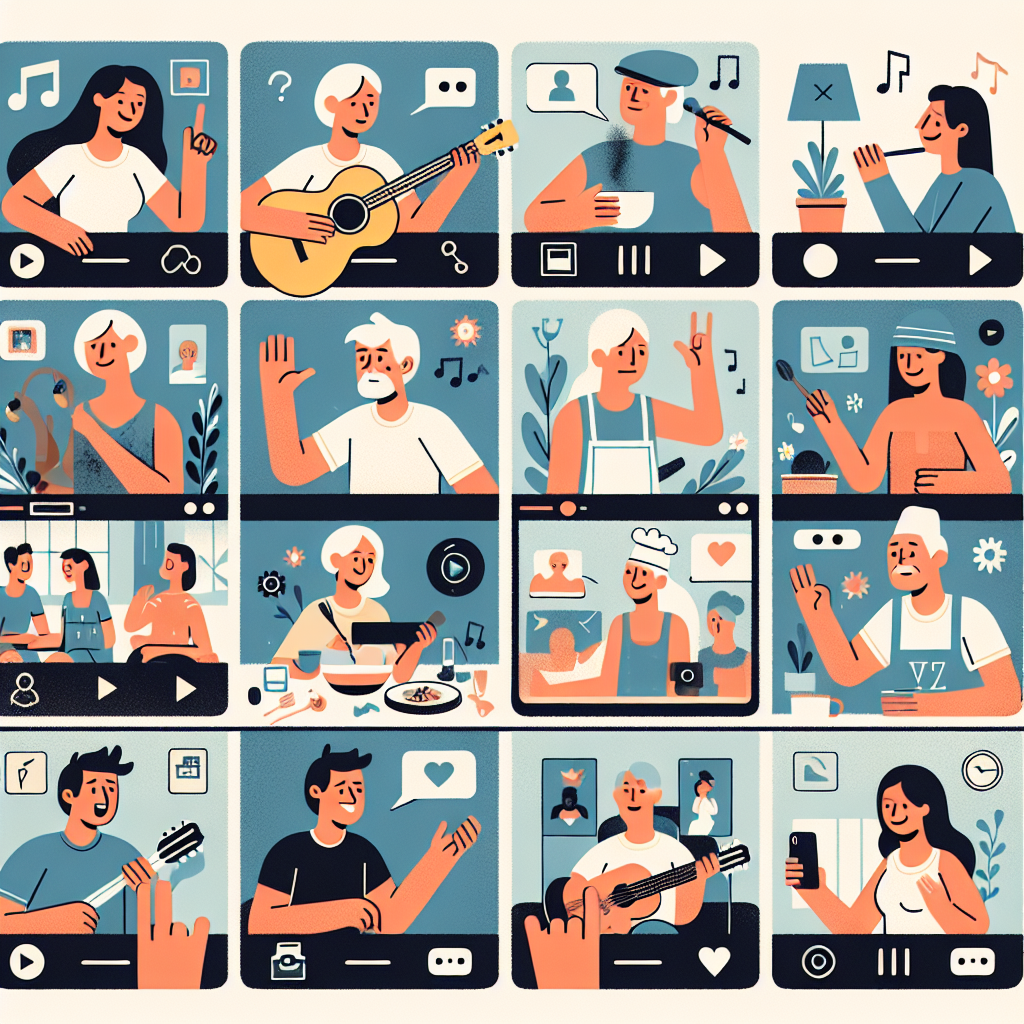The Deal-Breaker Dashboard – How to Prioritize Your Non-Negotiables Without Being Unrealistic
Introduction
In today’s adventurous digital dating landscape, knowing exactly what you want is a powerful asset. But knowing when to stand firm and when to be flexible is the secret sauce to building meaningful connections. Whether you’re 18 or in your 80s, navigating dating with clarity can prevent wasted time, needless heartbreak, and unbalanced partnerships.
Enter the concept of the “Deal-Breaker Dashboard”—a personal inventory of your non-negotiables designed to guide, not guardrail, your dating journey.
Deal-breakers are more than just a list of traits or circumstances you refuse to accept in a partner—they reflect your core values, beliefs, life goals, and emotional needs. For example, if you’re deeply spiritual, dating someone who openly disrespects religion might disrupt harmony. If you’re a parent, your deal-breakers may revolve around co-parenting philosophies or openness to children.
However, dating today also demands a nuanced approach. In an age where it’s easy to swipe left for minor infractions—height, hobbies, food preferences—many singles unknowingly shift from value-based filtering to superficial rejection. This creates unrealistic expectations and ultimately narrows the dating pool unnecessarily.
Social media, pop culture, and curated dating app profiles can inflate our perceived standards of perfection. Yet, a fulfilling relationship often thrives not on perfect compatibility but on mutual respect, shared goals, and emotional safety. That’s why many relationship experts advocate for defining clear, value-driven non-negotiables, while leaving room for unexpected chemistry and authentic connection.
The Deal-Breaker Dashboard isn’t about rigid elimination. Instead, it’s about gaining clarity around what truly matters—like health habits, ethical beliefs, lifestyle plans—and aligning them with introspection, authenticity, and open-mindedness. It’s a balancing act between staying true to yourself and staying open to someone else’s truth.
Not sure how to tell if your standards are too high, too low, or just right? This article will lay out a strategy rooted in psychological science, offer tools for meaningful self-reflection, and help singles of all ages strike the perfect balance between honoring their values and embracing the growth that comes with vulnerability.
Professional & Medical Insights
Professionals in psychology and relationship counseling emphasize the need for mindful self-awareness when outlining relationship requirements. According to a study published in the journal Personality and Social Psychology Bulletin, people are often poor predictors of what will bring lasting satisfaction in romantic relationships. The research found that key traits like commitment, communication, adaptability, and emotional intelligence are stronger indicators of long-term success than checklist criteria based on superficial characteristics.
Dr. Susan Krauss Whitbourne, a psychology professor at the University of Massachusetts Amherst, explains that “hardline rules often stem from defense mechanisms rather than meaningful intentions.” In her Psychology Today column, she emphasizes the distinction between protective boundaries and rigid self-sabotage. “People feel empowered by deal-breakers, but sometimes they’re camouflaging a fear of vulnerability or rejection,” Whitbourne notes.
Medical and therapeutic professionals also recognize the importance of aligning on personal values rather than focusing solely on shared interests or physical attraction. According to the Gottman Institute, couples who agree on fundamental values and communicate effectively about their differences are more likely to survive difficult times and thrive long-term. Their data underscores how traits that seem essential in early dating—such as hobbies or minor quirks—tend to diminish in relevance over time, while shared lifestyle goals (marriage, finances, children, health) grow increasingly important.
Even neuroscience supports this idea. A 2020 Stanford University study on attraction found that individuals often shift their preferences when they experience a real-life emotional connection. It revealed how preferences once considered non-negotiable may evolve when mutual trust, support, and safety emerge. For example, someone previously adamant about a partner’s profession may soften that stance if supported on a deeper emotional level.
Online dating platforms are starting to integrate this science. Apps like Hinge and eharmony now incorporate value-forward preferences into their algorithms. These platforms prioritize compatibility indicators such as political alignment, relationship readiness, religious beliefs, and future family plans. This evolution emphasizes the importance of value-based filtering over more traditional surface-level preferences, reinforcing the need to establish intentional deal-breakers based on long-term compatibility.
The big takeaway? Your non-negotiables should reflect who you are today and the future you’re creating—not old wounds or fantasy ideals promoted by social media. The healthiest relationships are built by clear, intentional individuals who know when to say “no”—and when to say “yes” to someone who aligns with their truth.
Conclusion
Your Deal-Breaker Dashboard is your blueprint for intentional dating—but it works best when paired with empathy, curiosity, and a willingness to grow. Defining and refining your core values empowers you to attract a partner who complements your real life—not the highlight-reel version of it. Honor what matters most, release unrealistic expectations, and stay open to the magic that doesn’t always come packaged in perfection.
Concise Summary
The “Deal-Breaker Dashboard” is a personalized strategy for navigating modern dating with intentionality and realism. Instead of focusing on superficial traits, it emphasizes defining non-negotiables based on core values, emotional in-telligence, and long-term goals. Guided by psychological and relational research, the approach balances clarity with flexibility, helping individuals avoid unrealistic standards while staying true to their relationship needs. Studies from institutions like Stanford and the Gottman Institute show that emotional safety, communication, and shared values matter more than checklists. This mindset shift fosters more meaningful, future-focused connections—both online and offline.
References
– Personality and Social Psychology Bulletin
– Dr. Susan Krauss Whitbourne – Psychology Today
– Gottman Institute – Values and Relationship Success
– Stanford University Study on Attraction
– Hinge Dating App Features
– eHarmony Compatibility Matching System

Dominic E. is a passionate filmmaker navigating the exciting intersection of art and science. By day, he delves into the complexities of the human body as a full-time medical writer, meticulously translating intricate medical concepts into accessible and engaging narratives. By night, he explores the boundless realm of cinematic storytelling, crafting narratives that evoke emotion and challenge perspectives. Film Student and Full-time Medical Writer for ContentVendor.com




